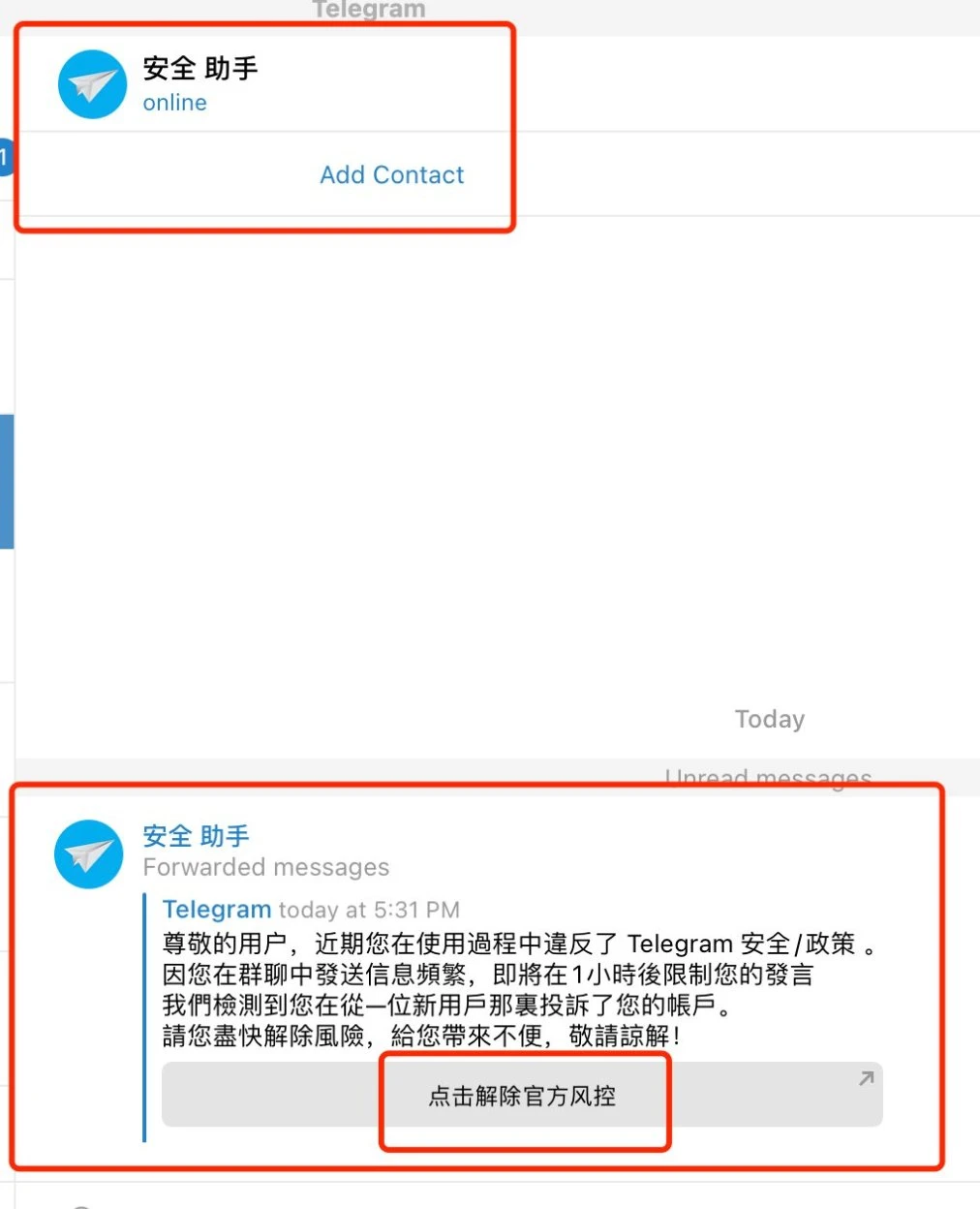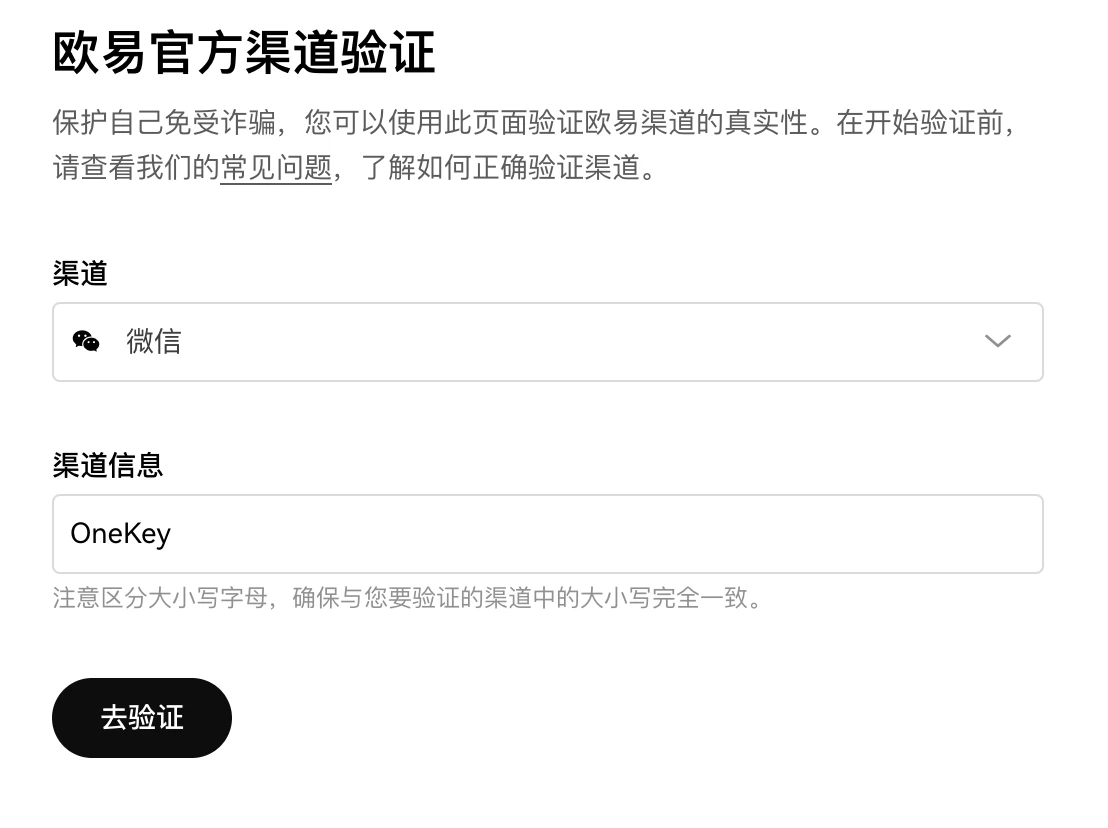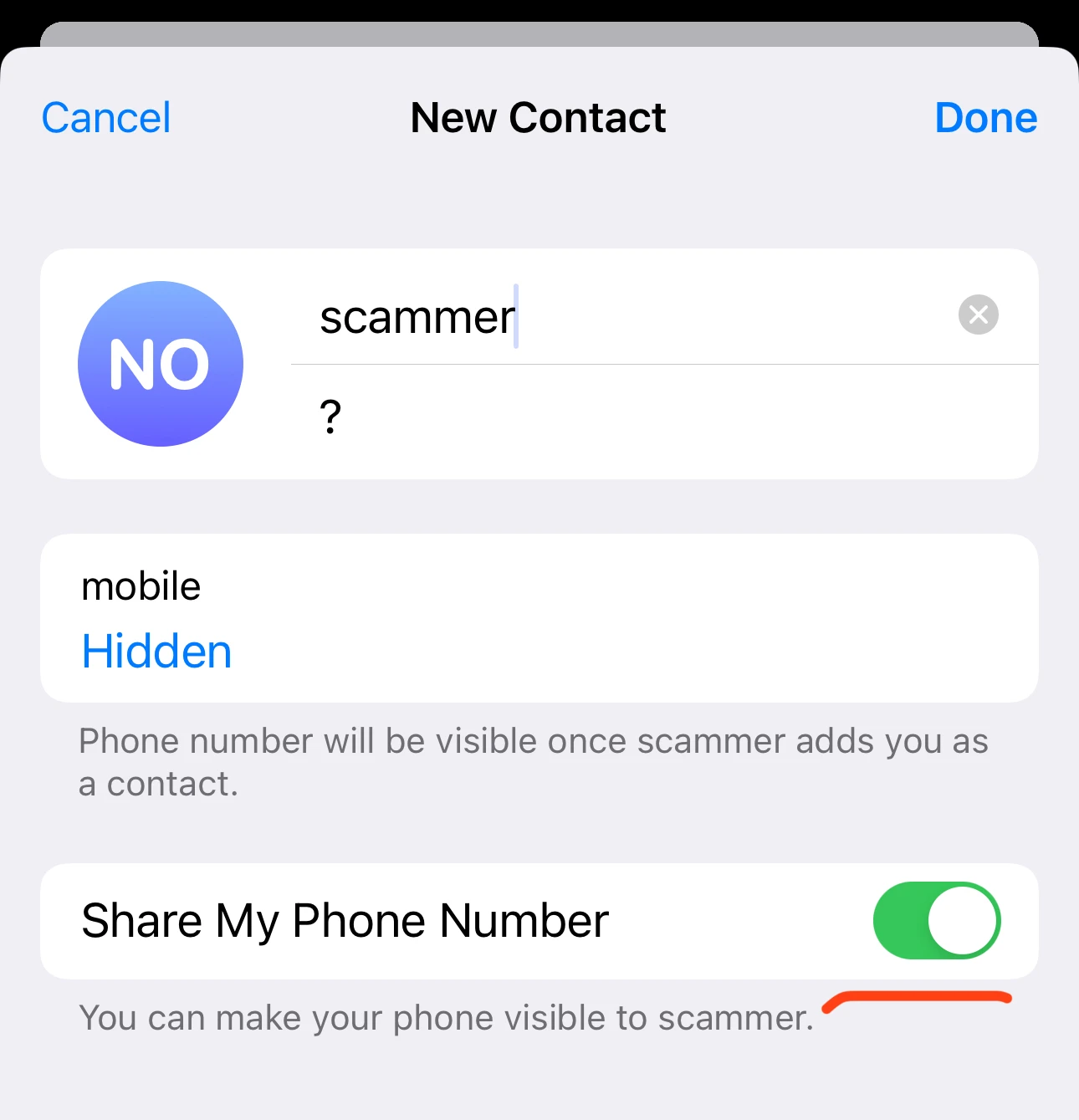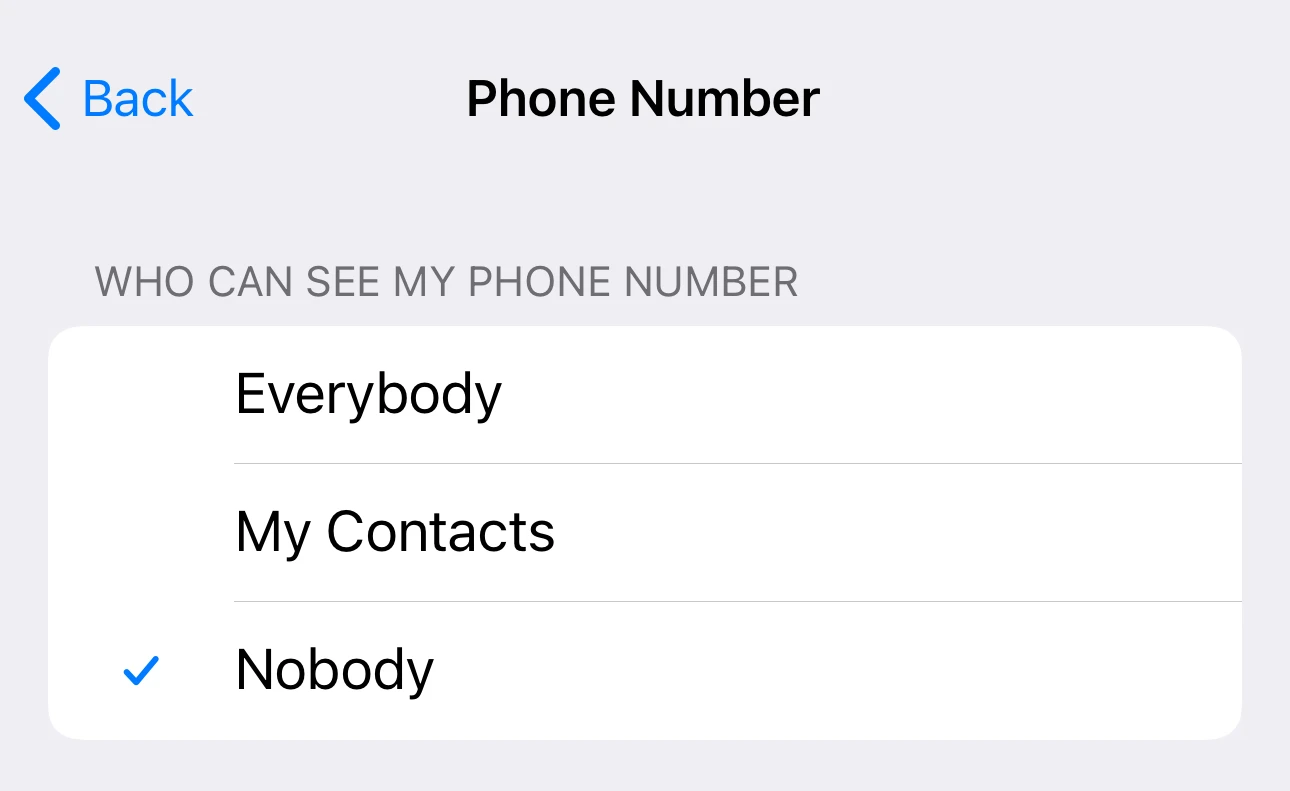Original source: OneKey Chinese (X: @OneKeyCN)
Can you bear the fact that all the money you earn from using bots to hunt local dogs is given to scammers?
The following methods: social workers defraud verification codes, fake software, fake group verification, you must read them to get a vaccination. The last one, a lot of people fell for it.
Dont wait until you lose something before you regret it.
1. Social engineering to obtain verification code
This scam was very rampant before, and they used various methods to make you hand over your Login Code.
And they like to ask you to take a screenshot, so that the verification code will be included. The scammers will get the login permission and transfer your bots money (the case mentioned by Yu Xian of SlowMist Technology).
Fortunately, the latest version of TG has been censored and cannot be seen in screenshots.

Some people even hand over their Login Code without knowing what it is, which leads to theft. Now you know.
Three common reasons:
(1) My friend (whose account was also stolen) asked for an auxiliary verification code; tg does not have any auxiliary verification at all!
(2) Impersonating an exchange or group administrator to request re-verification;
(3) Impersonating an official account and telling you to remove risk control; please note that the official account has a blue V! No one needs your verification code except yourself!


The easiest way to deceive people is to impersonate exchange officials and employees. You can use the official verification channels below to verify various contact methods including mobile phone numbers, WeChat, and tg.
Even if someone pretends to be a Binance employee and comes to you for private placement, you can use this to expose the lie!


2. Fake software
Many people like to click on the tutorial link to download Telegram and the Chinese version package – dont do this.
Even Google searches are not safe, especially searching for Telegram Chinese version, the first few results are not official websites.
It is easy to download fake Telegram and Chinese packages with backdoors.

You can identify the official Twitter account by following the followers of many big Vs: @telegram , and its official website http://telegram.org .
Download from official channels for peace of mind.

Regarding language packs, you should note that language packs can be installed directly in the App.
You don’t need to download any installer to your computer or phone to install it! All you need to download are executable files, which are Trojan viruses.
Refer to this warning: https://landiannews.com/archives/93592.html
3. Fake group verification SafeGuard
This is the most rampant one recently, and it is most targeted at those who are good at betting on cryptocurrencies.
Well-known blogger Box exposed it two days ago. (Related reading: 수십만개의 U가 도난당해 TG Bot 플레이어를 표적으로 삼은 새로운 자산 사기의 전체 과정이 드러났습니다. )
To summarize briefly:
Do you need to verify every time before entering a coin group? Hackers made a fake Safeguard verification page to cheat your login privileges.
Lets make it clear: the verification for joining a group is only to identify whether you are a human. Usually you can pass it by clicking it, and at most you have to enter a picture verification code.
It will never let you scan a QR code to log in, or log in using your mobile phone number.
If you click to join the group and see the two screens below – exit immediately, this is 100% fake.
If you do this, the hacker can log into your account on his device and transfer your money.


This kind of fake SafeGuard group entry verification is really hard to guard against.
It is possible that the administrator’s account was hacked and replaced with a fake one; it is also possible that someone took advantage of your Fomo emotions and was anxious to find a link to a certain coin, and sent a fake group link.
In short, when you see this kind of verification, you should realize at the first time that someone wants your login permission.
4. The ultimate method of Telegram security settings
Using Telegrams default settings can easily lead to various harassment and security risks. Next, you need to make a few important settings:
(1) Do not show your mobile phone number
Many private chat scammers are able to send you a verification code request because they can see your mobile phone number and use it to log in.
When adding a friend, you can choose not to show him your phone number.

At the same time, you can also set your phone so that no one can see it in the Privacy and Security section of Settings.

(2) Enable two-step authentication
This needs no further explanation, it is a must for Internet theft prevention.
Dont be bothered by the trouble, or you will be robbed.

(3) Set your account to not be added to stranger groups by non-friends, and prohibit private messages from non-friends
You can also make relevant settings in these two areas of the Privacy and Security chart in the settings.
Telegram has a very cunning setting that only Premium members can block unfamiliar users, but you can see that there is a Block/Add Contact option for users who have not been added as contacts, so just be cautious when you see it.

(4) Do not put large amounts of money in the Bot
Diversify risks! After all, the private key is generated by a centralized bot, and copying, pasting, and storing it all touch the network, which poses multiple risk points. Just in case.
For large funds, it is recommended to place the funds in a hardware cold wallet and keep the private key isolated from the Internet.
(5) The rest is about safety awareness
I believe you will be more cautious after reading the scams mentioned above.
In short, be careful of all kinds of pie in the sky benefits, and verify all kinds of links and people again and again.
Finally, clean up unused groups and people frequently to keep them clean. Otherwise, you might end up clicking on a scam and suffer a huge loss.
This article is sourced from the internet: The Ultimate Guide to Telegram Security and Theft Prevention
Original author | Alana Levin Compiled by Odaily Planet Daily Golem Every six months or so, I write an internal reflection on the current state and future development of cryptocurrency. This article is divided into three parts: what has happened in the crypto industry, what is happening, and what I am looking forward to. I try to base most of my analysis on data, but inevitably my personal opinions are incorporated in some places. I hope this article will interest other readers, and if the response is positive, I will consider sharing more such internal reflections. Current achievements The good news is that there are a lot of things that work and are working in a decent way, and there is a growth of these things – many of which…







